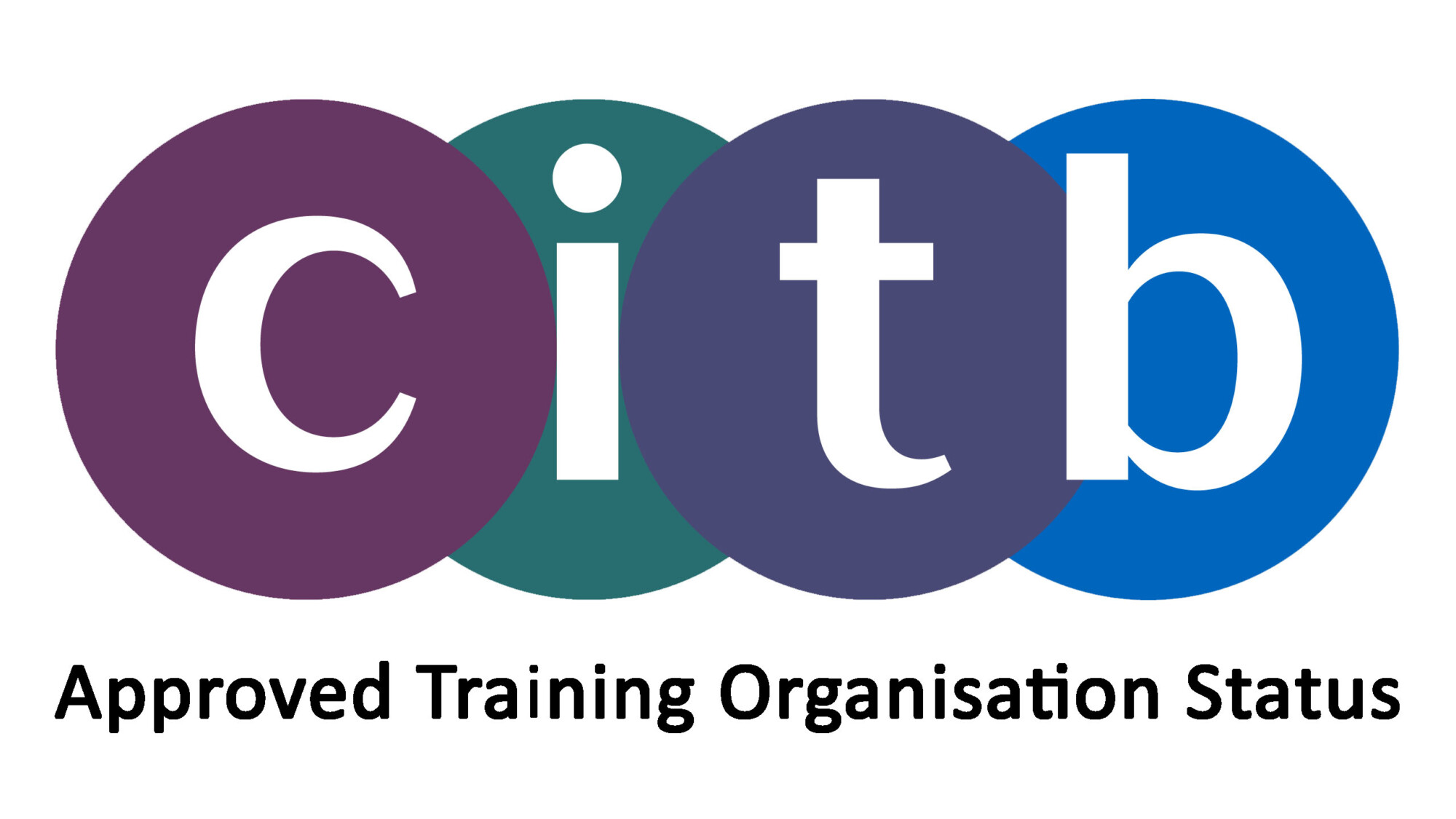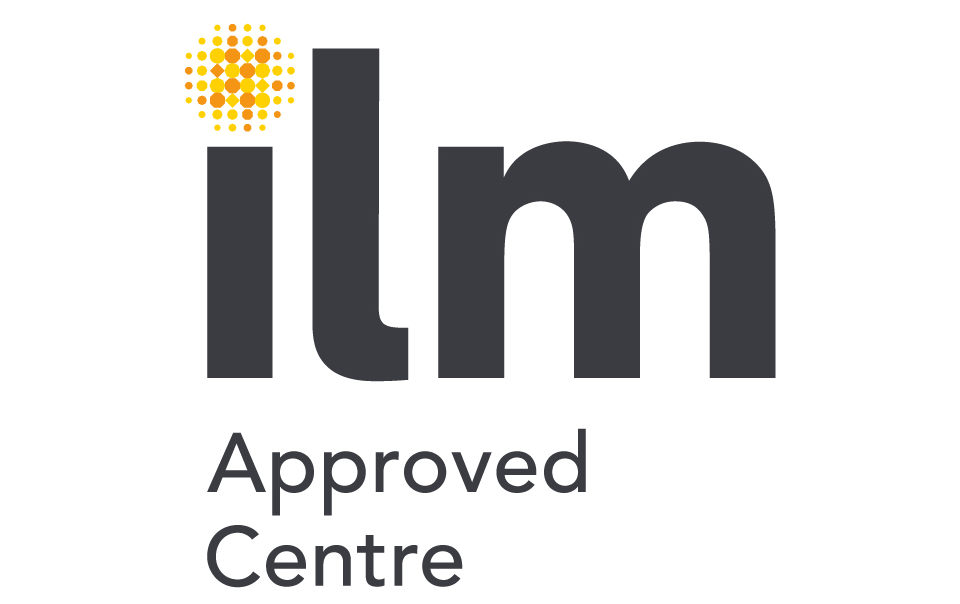How to build psychological safety at work
Building a high-performing team involves more than just providing workplace perks, it’s about bringing together various personalities and backgrounds together in one organisation. Building psychological safety at work can enhance how a team performs, enabling people to feel safe to speak up when problems occur, whether that’s sharing ideas or being open about a mistake.
The Health and Safety Executive’s annual statistics for 2021/22 found that the estimated number of workers in Great Britain who suffered a work-related illness was 1.8 million. 914,000 of those cases were attributed to work-related stress, depression and anxiety for that period, an 11% increase from 2020/21, where there were 822,000 cases for work-related illnesses.
Keystone understands how important it is that employers prioritise psychological safety leadership and culture change. Our development solutions can equip leaders and employees at all levels of your organisation with the skills to ensure everyone feels psychologically safe, starting from your junior employees, all the way up to management.
What is psychological safety?
Psychological safety was first coined by Professor Amy Edmondson in 1999. The term refers to people being able to speak up without fear of being embarrassed, ridiculed or punished by their colleagues.
An organisation that lacks psychological safety will lead to your team being dominated by the loudest and most powerful voices. It means that less vocal employees may find it difficult to get their ideas, views and opinions across. People might fear to get blamed and try to hide mistakes. All of these things tend to stem from a lack of psychological safety in your workplace, leading to creativity being stifled and a decline in employee engagement.
Why is psychological safety important in the workplace?
It’s important that teams feel safe and empowered to share their ideas, views and opinions across an organisation, particularly if there are clear differences between employees.
A team that’s empowered to share different ideas and views with one another can fully harness the skills, talent and knowledge that each employee brings to your organisation. This means that your team can consider the bigger picture in each situation while innovating and finding solutions that benefit your business long-term.
By avoiding a culture of fear and employees unable to share ideas, it means that you can trust your team when it comes to them creating and sustaining a happy and safe working environment.
How does psychological safety impact performance?
Psychological safety can have a major impact on your team’s performance, thus increasing the likelihood of employee turnover.
According to research from Oxford Economics and Unum, the average cost of turnover per employee earning £25,000 or more is £30,614. Poor psychological safety within an organisation can not only result in losing money and staff but also significant damage to employee morale.
Prioritising psychological safety at work as an employer is important to ensuring that everyone feels respected and valued. Employees can help each other out when working on projects or tasks, without having to go to the department leader. Leaders will have more time available to handle their own work, as well as come up with creative solutions to any problems that they may face.
How to build psychological safety at work
When it comes to building psychological safety at work, there are many things that you can do. As a leader, holding employees accountable for their performance, as well as maintaining employee engagement is crucial to ensure that they feel comfortable in the workplace, as well as taking risks.
Here are some things that you can do to build psychological safety in the workplace:
Set clear boundaries
Having clear boundaries in place is important to enforcing psychological safety across your organisation’s workplace. A zero-tolerance approach to discrimination, harassment and bullying should be included in the Employee Handbook, resources and training. By enforcing a zero-tolerance approach, employees feel safe and can bring their best selves to work.
Provide regular check-ins with your team
Hosting regular check-ins with your team, particularly if some employees are working remotely, can make them feel that their needs are being met.
Being engaged will show you value the contributions your employees make across the entire organisation. By having regular check-ins with employees, they will become more open to sharing any struggles or problems they may have, as you are showing consideration for their wellbeing.
Be open to feedback from employees
Providing feedback is one thing, but accepting feedback is key to building a psychologically safe workplace. Instead of waiting for feedback, you should actively request feedback from your employees.
There are a few ways that you can get feedback from your employees. One-to-one meetings, as well as sending a weekly email to your team are two ways that you can ask for feedback. Having this insight from your fellow colleagues and acting upon it will ensure that you value the views, ideas and opinions of your team.
How Keystone can develop Psychological Safety Training courses for your organisation
Keystone’s psychological safety training courses have been designed to help leaders, managers and employees create a culture of psychological safety. Our Leading Psychological Safety workshop will ensure that your leaders have the techniques and skills to role model psychological safety to their colleagues and reports.
When it comes to creating a safe working environment, our team at Keystone can develop bespoke psychological safety training courses for employers. For any questions about how we can run this course to tailor your organisation, please contact our team today.


